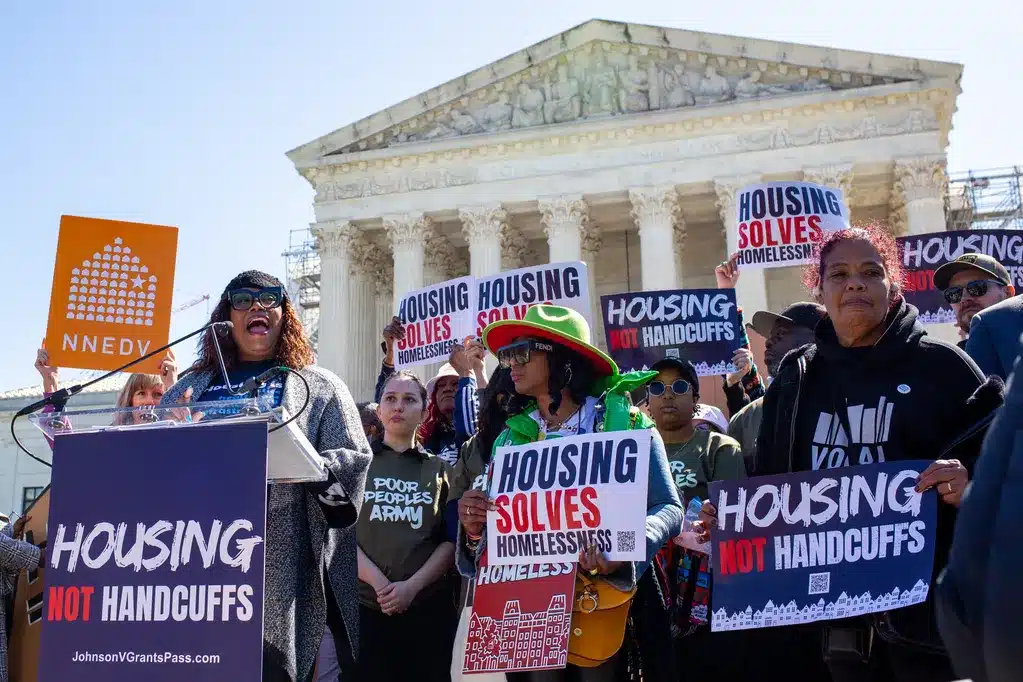
Photo by Tetyana Kovyrina via Pexels
This article was originally published on Aug. 4 by Planetizen, at https://www.planetizen.com/features/124756-nonprofit-affordable-housing-developers-navigate-troubled-waters, and is reprinted with permission.
The pandemic and its aftermath brought extraordinary hardships to low-income Americans including job losses, illness, and crippling inflation. Now, those same hardships are taking a toll on the nonprofits that house and support low-income families. As a result, some of those nonprofits may be forced to abandon their missions at a time when their work is needed more than ever.
As president of one of those nonprofits, Minneapolis-based Aeon, I see these challenges firsthand every day.
First, many of our residents are in distress. Low-income Americans were most likely to lose service-related and low-wage jobs during the pandemic. Many got sick or lost loved ones on whom they depended. And, like Americans in every socioeconomic group, our residents have struggled with mental health and addiction problems during this difficult time.
During the pandemic, the government and nonprofits stepped up to help. The federal eviction moratorium and rental assistance was a lifeline for millions. Nonprofits like Aeon raised contributions to fund rent relief for those who fell through the cracks while helping residents access health and social services.
Now, we face a perfect storm of financial, economic, and logistical challenges. Federal assistance has expired, but many of our residents still struggle to pay their bills. Despite our efforts to keep rent increases to a minimum, our organization faces a massive backlog of unpaid rent. Housing courts are overwhelmed, stalling eviction cases. With most residents who are subject to eviction typically owing up to a year’s worth of rent, we are consistently running on a deficit.
On top of all this, costs have skyrocketed. Property tax and insurance have increased by 30 percent a year in some areas. Overall maintenance and capital improvement costs are soaring. And some previously minor cost categories—such as security—are growing exponentially. Financial losses and cash-flow problems make it harder for nonprofit housing developers to obtain financing, maintain properties, and support a healthy portfolio that attracts investors and residents.
Because nonprofit housing organizations work on very tight margins, dwindling revenue and rising expenses have hit especially hard. To stay afloat, some are resorting to unsustainable emergency measures, such as draining reserves. Others rely on cash advances from parent organizations, which are quickly exhausted. These are short-term fixes for long-term problems, however, as higher costs become the new normal.
If these problems continue unabated and unchecked, the broader social impact will be devastating. Evictions will continue to rise and many tenants will face homelessness due to a lack of housing options. People with complex needs will lose stability and social support. County and state public assistance resources will be strained to the breaking point. And nonprofit affordable housing organizations, like Aeon, will lose the ability to uphold our mission while preserving and developing new properties. Some may sell off existing properties, accelerating the conversion of affordable homes to market-rate and luxury housing.
How can nonprofit housing groups weather the storm and fulfill our mission? First, we can realign our organizations to adapt to change and disruption. We can establish multiple streams of revenue through our real estate development processes. We can plan for disruption by creating operating endowments that allow us to pivot in a crisis. We can cultivate allies and safeguard our reputations by maintaining full transparency with staff, boards, and community stakeholders.
Nonprofit affordable housing organizations play a vital role in our nation’s housing ecosystem, providing homes for low-income and hard-to-house populations who are not served by market-rate developers. Today, as we face a nationwide crisis in affordable housing, and a parallel surge in homelessness, our role is more important than ever. But we are navigating troubled waters. The problems we face will not be easy to solve, but the first step is to name them. Only then can we work together to devise solutions.






In Boston several neighborhood based organization have millions of dollars in investment accounts and are paying investment advisors to manage their portfolios. This is not in and of itself a bad thing, but if they are also evicting tensnts for non-payment of rent, they should re-read their mission statements. No one should lose their home when an agency is sitting on millions in developer fees.
We have two separate & rarely overlapping multifamily housing industries — market rate & affordable — developing & operating separate housing, usually in separate neighborhoods. Is this dichotomy inevitable? Is it economically sustainable? Is it even desirable?